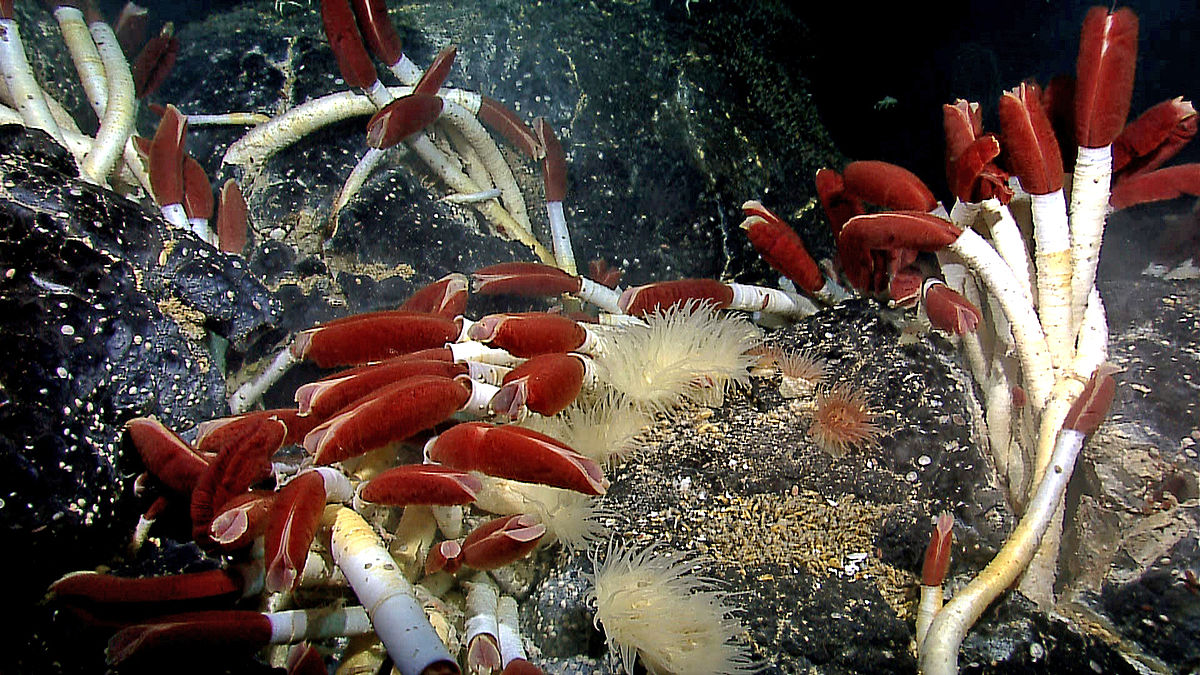The word “serendipity” is often used to describe an important discovery born out of random chance rather than deliberate action. Such “happy accidents” pepper the annals of scientific history, from Archimedes’ original “Eureka!” moment to Alexander Fleming’s discovery of antibiotics, to the invention of everyday items like Velcro, Teflon™, and microwave ovens. Some of these discoveries have been paradigm-shifting or dogma-breaking, sometimes upsetting decades or even centuries of prevailing scientific thought.
In the late 1970s, one such serendipitous finding on the floor of the Pacific Ocean challenged the very foundations of what we believed to be the fundamental requirements of life on earth.
Read the rest of this story on my blog, The Scientific Lens.

